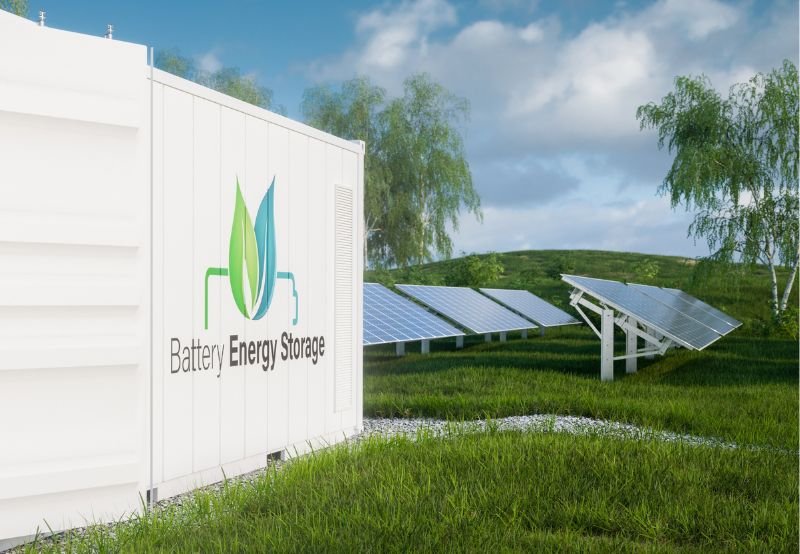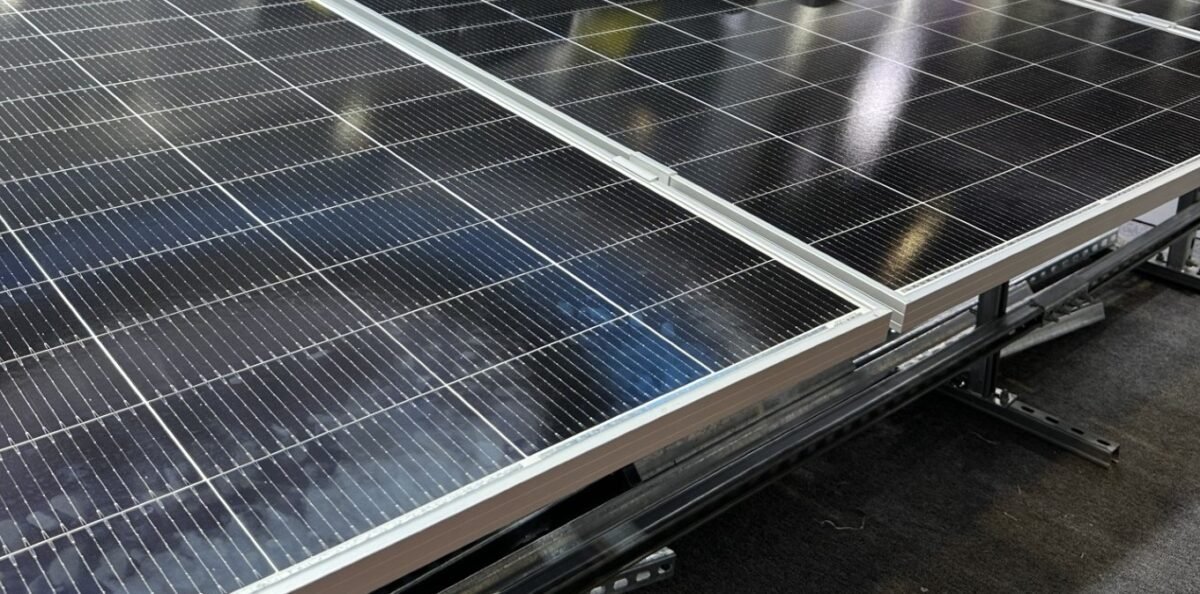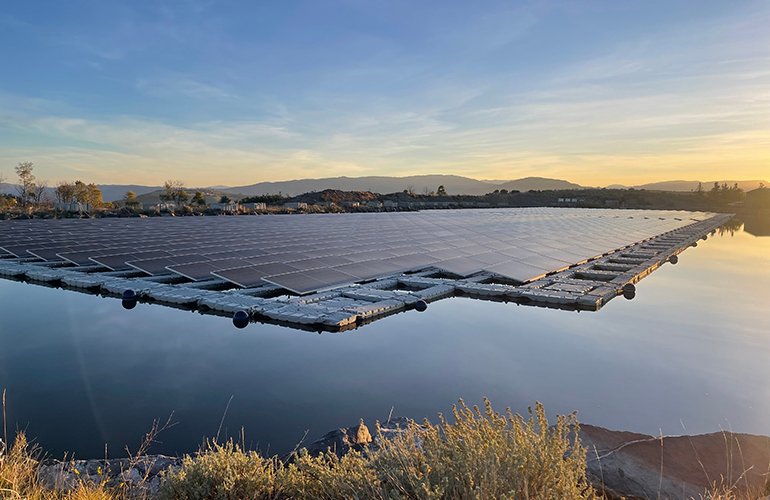Ministry of Power Updates Transmission Project Norms to Boost Renewable Energy Integration
India’s renewable energy sector takes a significant leap forward as the Ministry of Power revises transmission project norms under tariff-based competitive bidding. These reforms strengthen grid connectivity for clean energy projects nationwide and support India’s ambitious renewable energy targets.
Accelerating Green Energy Transition
The updated transmission norms represent a strategic shift toward sustainable infrastructure development, particularly benefiting regions with high potential for large-scale solar projects. This policy update directly addresses critical transmission bottlenecks hindering renewable energy adoption.
Key Policy Revisions
The new framework introduces three specialized development zones that align with hybrid solar systems principles:
- Greenfield Zones: Prioritizing new transmission lines in high-potential regions
- Brownfield Zones: Modernizing existing infrastructure
- Hybrid Zones: Combining both approaches for optimal efficiency
Support for Solar and Storage Projects
The policy facilitates India’s energy storage expansion, enabling better integration of utility-scale projects like the 1 GW Solar Plant in Barabanki. The updates complement state-level initiatives including training programs for green infrastructure development.
Implementation Strategy
While creating a favorable policy environment, successful execution requires:
- Streamlined regulatory approvals
- Coordinated infrastructure planning
- Increased private sector participation
Boosting India’s Renewable Capacity
These transmission reforms position India to leverage its renewable potential while modernizing grid infrastructure. The changes align with global best practices in sustainable energy integration and support the government’s vision outlined in the solar manufacturing growth initiatives.






